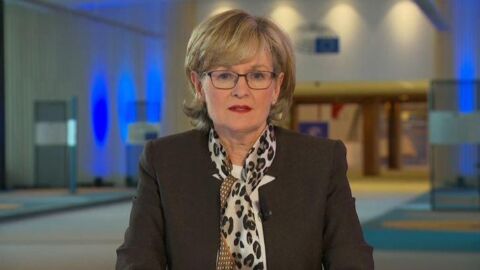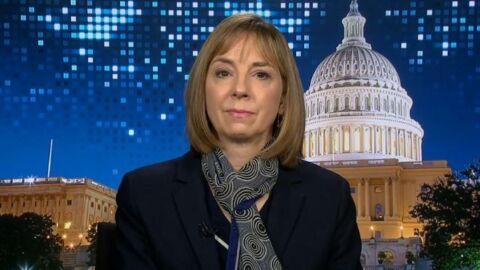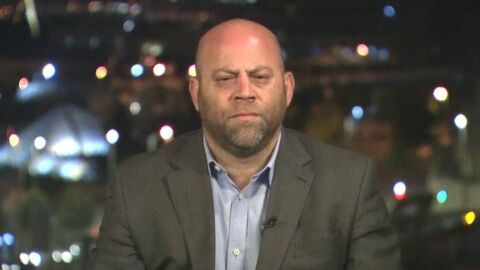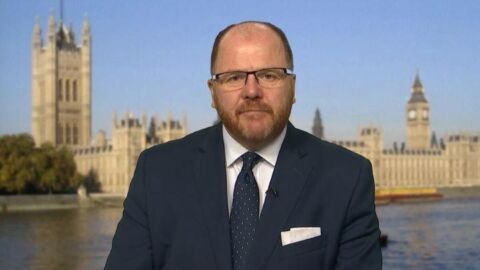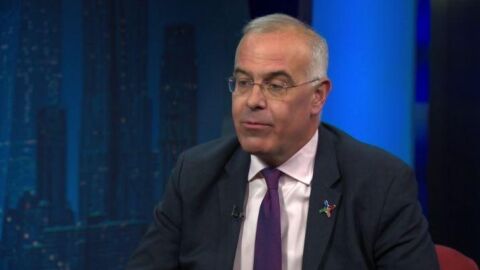Read Transcript EXPAND
CHRISTIANE AMANPOUR: What is the best, the most Prime Minister May can expect? What is it that Europe wants her to take away from this Brussels summit?
MAIREAD MCGUINNESS, FIRST VICE PRESIDENT, EUROPEAN PARLIAMENT: Well, I suppose it is unusual that a country that wants to leave the European Union is actually looking for more time before they leave the European Union, and that is the crux of the problem today. The prime minister wants to extend from this Friday to June 30th. I think the leaders are going to have a big debate about what is the appropriate date. I don’t think they willingly say, “Yes, June the 30th is fine with us.” They will look at all the implications of that date.
At the moment, they’re listening to the prime minister, even as I speak, going through, I hope, her plans to get the withdrawal agreement through the House of Commons. That is the crux of all of this. The negotiations on the divorce settlement, if you like, are finished between the European Union and the United Kingdom. But unfortunately, the numbers in the House of Commons are working against ratification of the withdrawal agreement. Because ironically, we have Brexiteers and Remainers voting against this deal. Now, I presume that the prime minister will try and, if you like, outline her talks with the Labour Party. As you know, she’s reaching now across the House in these last days only. And I presume she will try and convince the leaders that will come to some good conclusion.
AMANPOUR: Right.
MCGUINNESS: I’m not sure of that. I hope it will. But I think we’re not looking at an immediate solution coming by a joint approach through the Labour Party.
AMANPOUR: On the big picture, you know, clearly, you know, Donald Tusk has said that they would prefer perhaps a longer extension, something a year, some sort of — as the new term has been calling “flextension” — but more than what Theresa May wants. That brings in a whole other area of implications of participating in European elections. From Europe’s perspective, and with the hardline Brexiteers saying–
MCGUINNESS: Yes.
AMANPOUR: — “We’re just going to –” what does he say, in fact, Jacob Rees-Mogg said, “If a long extension leaves us stuck in the E.U., we should be as difficult as possible. We could veto any increase in the budget, obstruct the putative E.U. army and block Mr. Macron’s integrationist schemes.” Are you concerned, for one of a better word, your flextension may lead to the Euro skeptics holding the E.U. hostage, so to speak politically?
MCGUINNESS: Well, look, Jacob Rees-Mogg is not the prime minister. So, we have to listen to what he says but I’m not sure we should heed it too much. On the other hand, I think there are concerns —
AMANPOUR: Now, but she seems to be heeding her right plank a lot.
MCGUINNESS: — around the leaders’ table around Europe generally that — well, she has disavowed them now because she is talking to the Labour Party. But on this idea, two issues. What about the long extension? I see merit in it but I also see problems. The merit is this, that rather than having a rolling date, so June the 30th and that might work maybe July the 30th, and that causes double uncertainty for businesses and citizens. If we say to the United Kingdom a date of next year, then it allows the prime minister some time in which to get the withdrawal agreement through the House of Commons. She may achieve that in two months’ time.
About This Episode EXPAND
Benjamin Netanyahu wins the Israeli election. Experts weigh in on how and when and even if Brexit will happen. Author David Brooks discusses America’s spiritual and moral crisis.
LEARN MORE
